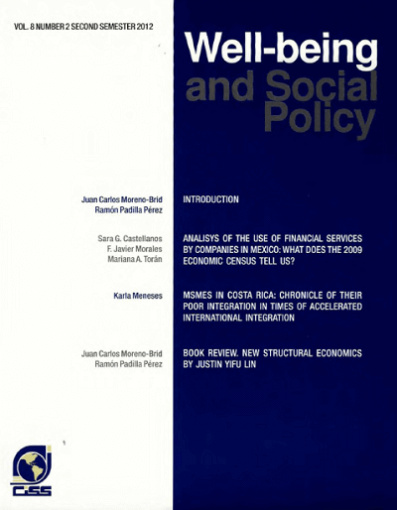
The international financial crisis of 2008-2009, its impact on economic activity and contrasting I responses to face it have given new impetus to the debate Between academics, international organization representatives and public officers on the scope for public policies to reduce the adverse impact of externa) shocks and trigger sustainable long-term growth in production and employment. The intensity and length of the international financial crisis in developed economies has demonstrated that market forces, by themselves, do not ensure sustained economic growth or shield local economies from financial or balance of payment imbalances. On the other hand, the still distant success of the different economic policies adopted in response to the crisis reveals the restrictions—ideological, conceptual and political—on governments in the design and implementation of an effective countercyclical strategy. For Latin America, the debate gives a fresh twist to the deliberations that started at the end of the 1990s to explain the failure of the so-called Washington Consensus in fostering sustained product and employment growth.
